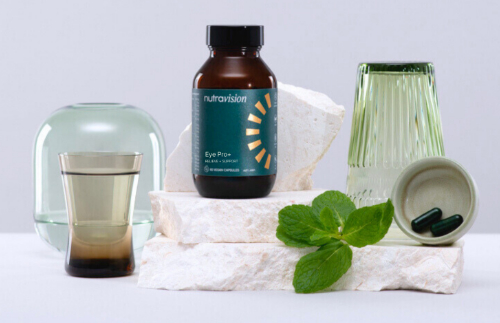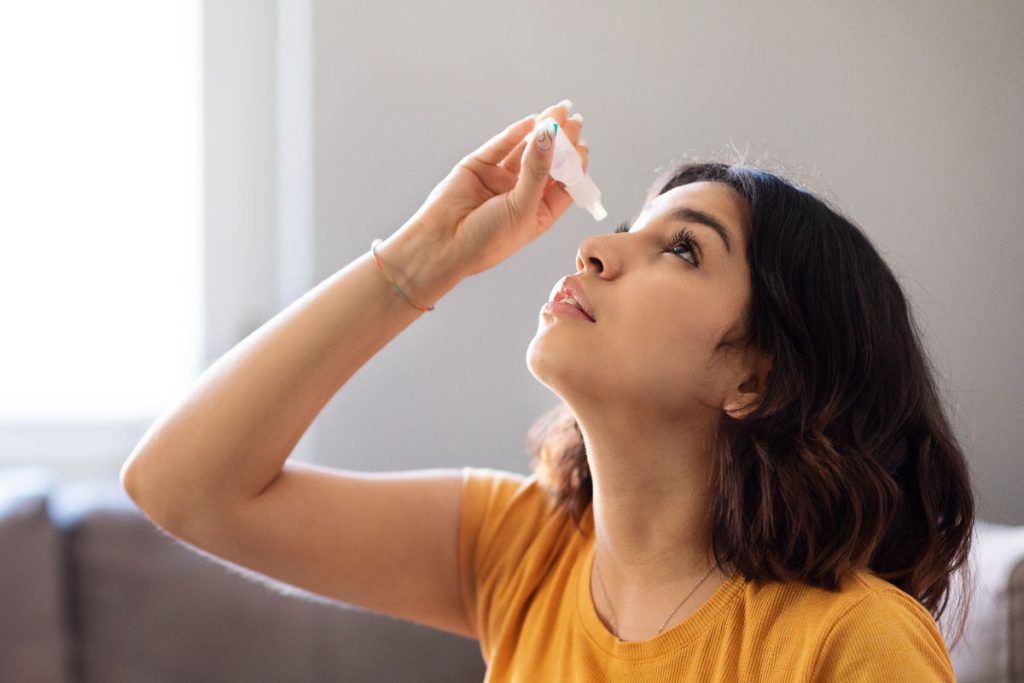
By always thinking of the best outcomes for your eye health and vision, you will subconsciously behave in ways that ensures that your eye health is taken care of. This is because your brain is capable of the most amazing things once you believe in it. You will automatically care for and protect your eyes better. Your body will respond to injury by either overcoming the insults or by adapting as best as they can. You will somehow know the limits of what your eyes can or cannot do. You will always try to do your best to reduce the risk of eye problems. If you always think positively that your eyes will remain healthy and disease-free, then this is the condition that your eyes will tend to be.

Glaucoma is an ocular disease where there is progressive damage to the optic nerve due to high intraocular. Treatment aims at reducing the risk and rate of further deterioration by lowering the intraocular pressure by either drops, laser or surgery.
Even when you do have an eye problem, thinking positive may help to improve the outcome of your disease. This is partly due to the fact that you will be more inclined to take an active interest in managing your disease, in complying with the treatments, and in preventing further damage to your eye health. This is particularly important for eye problems such as glaucoma and diabetic retinopathy, where you either have to constantly remember to instil drops or adhere to a strict diet and exercise regime to keep the disease at bay.
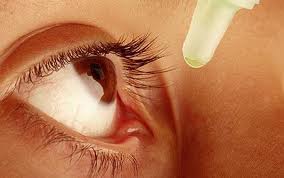
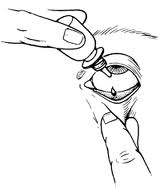
Drops can be inconvenient and troublesome to put in correctly, and may sometimes be associated with side effects. However, they are necessary for the treatment of many ocular diseases, and should always be used according to the instructions of your ophthalmologist.
However, it’s not as simple as that. There is some suggestion that our body can respond in amazing ways based on our emotions and feelings. Feelings of happiness and positivism encourage the rest of your body to adopt a similar outlook. Similarly, feelings of depression are likely to send negative vibes throughout the body. Often you can feel the mood emanated by your family member or friend, and vice versa. If your family or friends can sense the way you feel just by being in your presence, then surely the rest of your body, including your eyes, can too.
So how can you do it? How can you harness the power of positive thinking for your eye health? It is not as if you can just say, “I want good vision and to be free from ocular disease.”
Or can you?
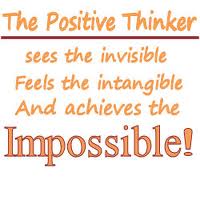
Well, you might not believe it, but actually you CAN! They say that if you repeat something often enough, it becomes true. This is simply because people start believing it. It is when you start to believe it, this becomes all the more powerful. You start to train your mind to do what you want it to do.
The key is therefore to keep repeating to yourself, “My vision will remain healthy and I will be free from any eye problems.” Alternatively, if you already are experiencing any form of ocular disease, then add in “I will be able to control or improve my glaucoma (or other ocular disease).” Say all this out loud to yourself at least 10 times a day. It is even more effective if you can visualize what you are saying. This does not have to take a lot of time, 10 minutes at the very most. You can do it while you sit in the bus or work out in the gym. Of course there is no evidence to prove that this method helps to prevent or cure ocular disease. However, what it does do is to focus your mind so that you keep thinking (and believing) in positive outcomes. And positive thinking brings positive results!

Retinitis pigmentosa is an inherited disease of the retina, in which there is progressive degeneration of the retina which eventually results in blindness. Unfortunately, it is currently not treatable, although trials are underway looking at the role of genetic therapy.
So even though you may suffer from an untreatable eye problem, such as retinitis pigmentosa or advanced age-related macular degeneration, it truly is not the end of the world. Your eye and your brain will be able to learn and adapt in ways that will surprise you, as long as you believe in yourself and your ability to overcome your perceived disability.
Many ‘blind’ people are able to enjoy a reasonable quality of life despite their poor vision. You can too – so keep thinking positive!


